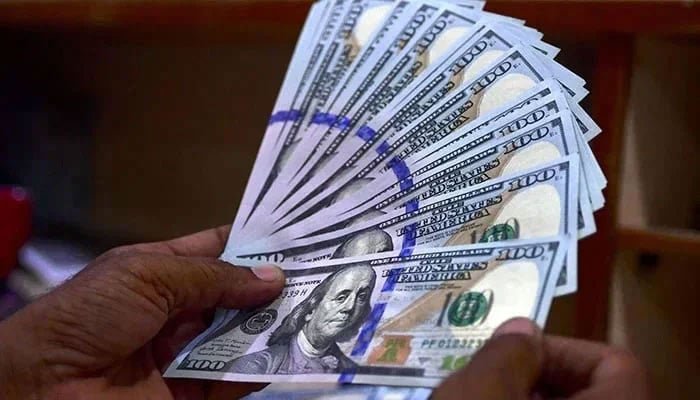KARACHI: Foreign direct investment (FDI) inflows to Pakistan rose 64 per cent year-on-year to $136 million in the first month of fiscal year 2025, the central bank data showed on Monday.
However, FDI decreased by 19 per cent on a month-on-month basis. In June 2024, these inflows totalled $169 million.China accounted for the bulk (33 per cent) of foreign direct investment inflows into the country. According to SBP data, in July, the amount invested by Chinese companies rose by 112 per cent to $45 million.
Compared to the same period last year, direct investments from Hong Kong rose by 45 per cent to $42 million in July. Moreover, Pakistan got $22 million in foreign direct investment (FDI) from the UK, an increase of 14 per cent from a year earlier.
The power sector saw the largest FDI inflows, with $62 million in FDI received in July, up 24 per cent from the same month last year. FDI into the oil and gas exploration industry reached $30 million, a 75 per cent increase from the year before. FDI in the financial businesses reached $20 million in July, up 341 per cent from a year ago.
Pakistan must achieve economic and political stability to attract more foreign direct investment. The country is awaiting final approval for its new $7 billion loan programme from the International Monetary Fund’s executive board, which will enhance global investors’ confidence in the country’s economy.
Even with Pakistan’s overall current deficit remaining small — an average of just 1.1 per cent of gross domestic over the coming five years, Pakistan will face trouble financing this deficit, according to a report released last month by BMI, a Fitch Solutions Company.
Pakistan’s difficult business environment deters FDI, leaving the country dependent on foreign borrowing, grants from friendly governments and IMF bailouts, it said.
“While our core view remains that Pakistan’s political importance means that foreign partners will continue to provide funding, a reliance on this form of occasional emergency funding will frequently prompt worries about the sustainability of the balance of payments position,” it said.
However, risks are weighted towards a wider deficit. One key risk comes from oil prices. If violence in the Middle East pushes up global oil prices, this would weigh heavily on Pakistan’s import bill. It is also possible that poor weather conditions within Pakistan could disrupt agricultural production, which would cut exports and raise imports, according to the report.





